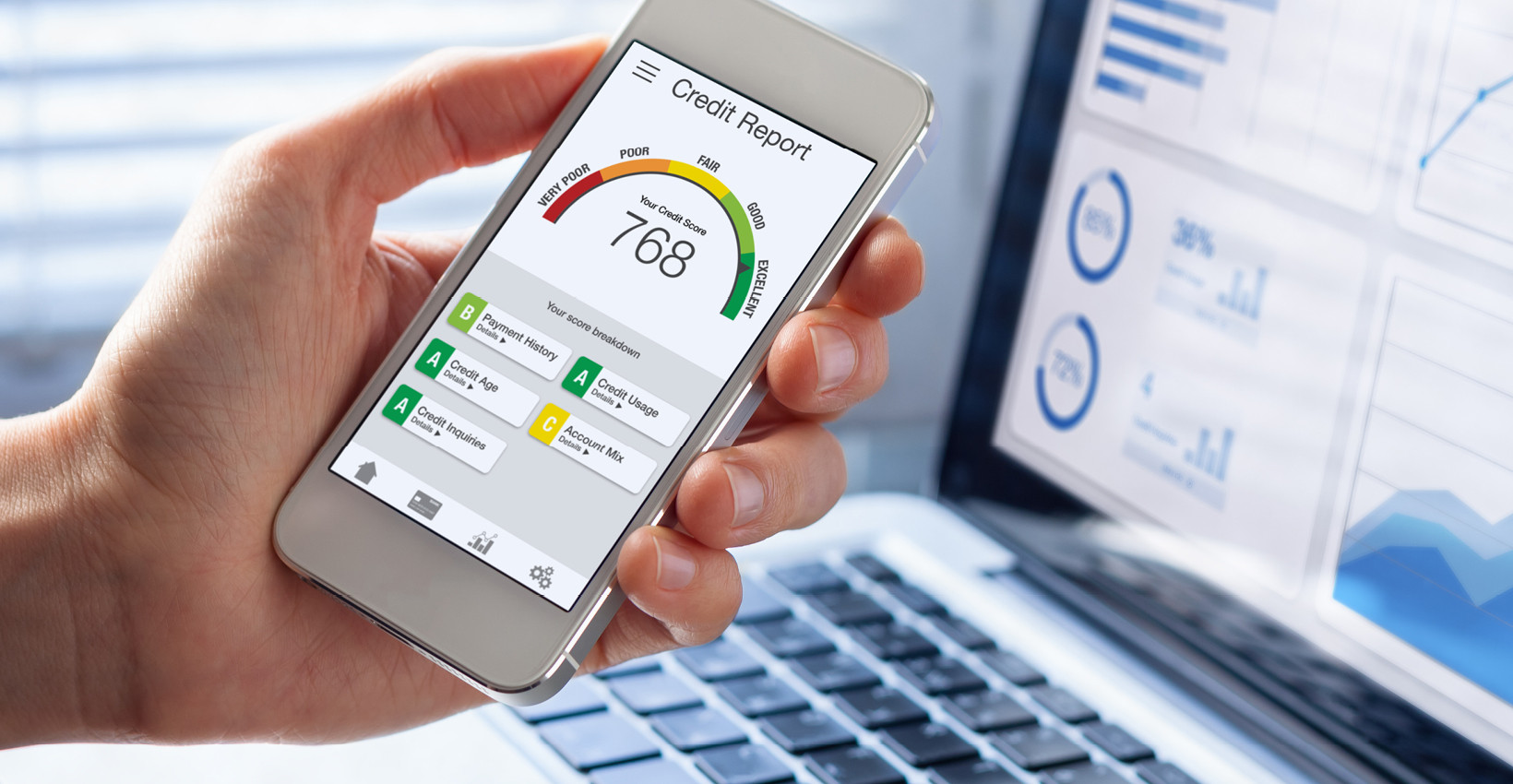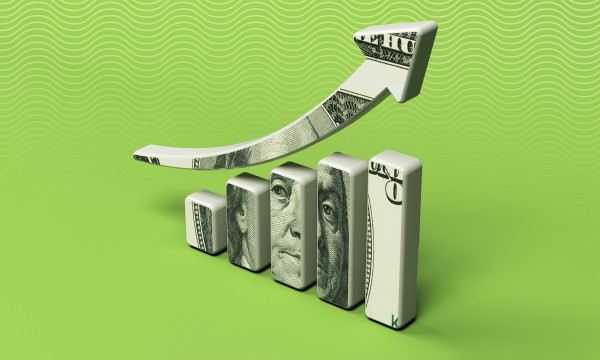Establishing and increasing your credit
Whether you’re just getting started or looking to make improvements, we’ve got tips to help you boost your credit rating.

Establishing credit
There are several ways that you can establish credit. If you’re younger, establishing healthy, positive credit is vital to your ability to buy a house, take out a loan, and even buy a car. Here are some ways you can start establishing credit, no matter your age:
Look into secured credit cards. Secured credit cards are guaranteed through a cash deposit. For example, $500 would secure a card with a $500 limit. You’ll want to pay off what you’ve spent every month as healthy spending practice, which will then reflect on your credit report. When you’re ready to close the account, pay off the remaining balance, and your deposit will be returned.
Consider a co-signer. If you’re looking to take out a loan, a co-signer can usually help. Using a co-signer with excellent credit will increase your chances of receiving the loan. Remember, co-signers need to be aware they’re liable for the entire balance just as if they took the loan themselves.
Use regular bills to build your credit. Paying your phone and utility bills doesn’t usually impact your credit score unless there’s a negative issue. However, payments can be reported to the credit bureaus if requested, thus boosting your score.
Open a store credit card. Do you frequently shop at stores that offer store credit cards? Though they often charge higher interest rates, using a store card and paying it off each month can help you establish your credit while raising your existing score.
Increasing your credit score
Increasing your credit score may take some time, but with healthy habits and an understanding of how credit works, you’ll be well on your way! Here are some suggestions to help:
Request a copy of your credit report. This is a free option from one of the three main credit bureaus. Check the report for any discrepancies and bills that may have gone to collections.
Pay off your bills in collections. Not only is that bill negatively affecting your credit, the longer it remains on your report, the longer it will take to improve your credit. You’ll want to pay them off as soon as possible.
Pay your balances down. If you’ve maxed out your credit card(s), pay off at least 50% of the balance. If you’re unable to pay off enough of the balance, call your credit card company and ask to increase your limit to bring your balance to 50% of the new limit. Stop spending on the card at this point and work to pay the balance down.
Keep them down. Keeping your balance at 30%-50% of the available credit will your increase your score. Don’t take on more credit accounts (credit cards, car loans, mortgages, etc.). Pay off as much debt as you can!
Stay on schedule. Pay all your bills on time! Set up auto-pay if necessary.
Learning Center articles, guides, blogs, podcasts, and videos are for informational purposes only and are not an advertisement for a product or service. The accuracy and completeness is not guaranteed and does not constitute legal or tax advice. Please consult with your own tax, legal, and financial advisors.




